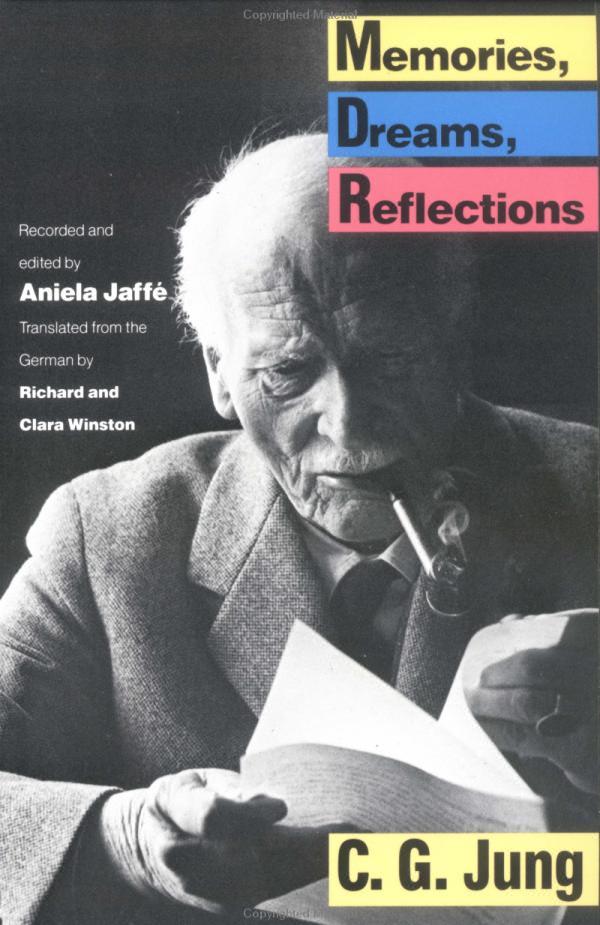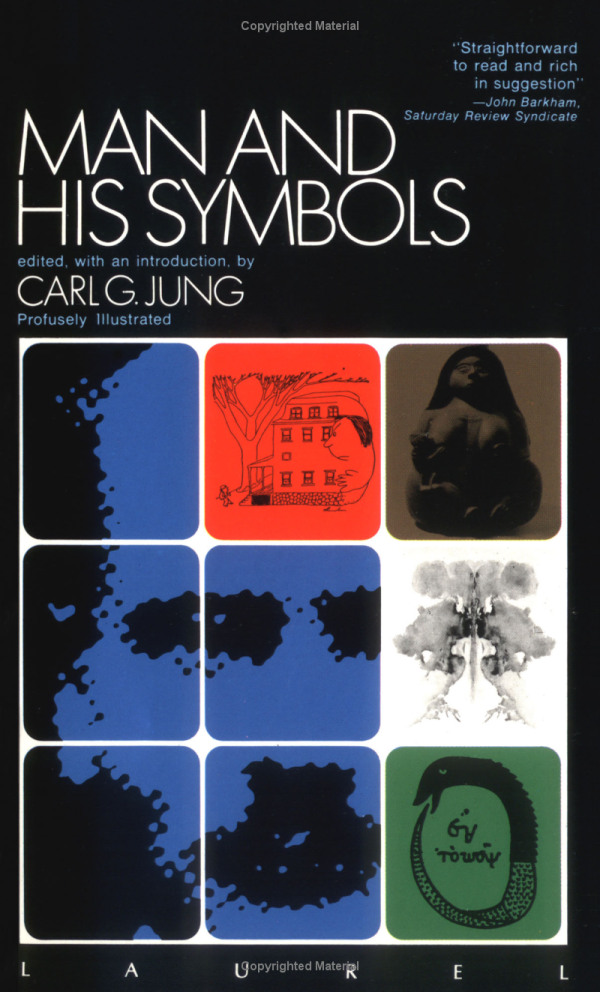
Modern Man in Search of a Soul
Book Description
What if the greatest journey lies within? In "Modern Man in Search of a Soul," C.G. Jung takes you on an exhilarating quest through the depths of the human psyche. With every page, he unravels the mysteries of dreams, symbols, and the unconscious, challenging the very fabric of modern existence. Spirituality meets psychology in a daring exploration that promises to shatter illusions and ignite self-discovery. Can the key to understanding ourselves unlock the secrets of our true nature? Prepare for a transformative experience that will leave you questioning everything you thought you knew about the soul.
Quick Book Summary
"Modern Man in Search of a Soul" by C.G. Jung is a groundbreaking exploration into the complexities of the human psyche, addressing the spiritual crises faced by modern individuals. Jung delves into the interplay between the conscious and unconscious minds, the significance of dreams, and the power of archetypes. He challenges materialistic views by advocating for a synthesis of science, psychology, and spirituality to understand the human experience. Through essays and lectures, Jung examines the role of psychotherapy, the need for personal meaning, and how reconnecting with ancient wisdom can guide modern people toward self-realization. Ultimately, Jung proposes that the journey within is essential to healing the fragmentation of modern life, inviting readers to seek wholeness beyond societal conventions.
Summary of Key Ideas
Table of Contents
The Conscious and Unconscious Mind
Jung opens his work by highlighting the critical tension between the conscious and unconscious aspects of the psyche. He argues that many of the anxieties and neuroses prevalent in modern life stem from the neglect of the unconscious. By understanding this interplay, Jung suggests, individuals can begin to address the inner conflicts that hinder mental well-being. He emphasizes that the unconscious should not be viewed merely as a repository for suppressed emotions but as a dynamic source of psychic energy and creativity.
The Transformative Role of Dreams and Symbols
A significant thread in the book involves the analysis of dreams and symbols. Jung sees dreams as a language of the unconscious, revealing symbols that can guide personal development. He distinguishes his approach from Freudian psychoanalysis by focusing not only on repressed desires but also on the constructive, future-oriented messages brought forth through symbols. Encountering these symbols in dreams, art, and myths allows individuals to access deeper layers of their psyche and facilitates inner transformation.
The Crisis of Meaning in Modern Life
Jung identifies a profound crisis of meaning in twentieth-century society. He observes that scientific rationalism and material progress have failed to fulfill humanity's spiritual needs, leading to feelings of alienation and emptiness. This crisis manifests in widespread psychological distress and a sense of fragmentation. Jung contends that the search for meaning is not just an individual quest but a cultural necessity, requiring a reevaluation of values and worldview to restore balance to the modern soul.
Psychoanalysis and Spiritual Growth
Psychoanalysis, in Jung's view, offers more than a method for treating pathology. It becomes a vital spiritual practice capable of fostering growth and self-understanding. Through therapeutic engagement, people can confront their shadow aspects, integrate conflicting parts of their psyche, and heal inner divisions. Jung stresses the importance of the therapist's own emotional and spiritual maturity, underscoring the reciprocal relationship between healer and patient as they embark on a mutual journey of discovery.
Individuation and Self-Realization
The culmination of Jung's vision is the path of individuation—the lifelong process of becoming one's true self. Individuation involves harmonizing conscious and unconscious elements, embracing personal myths, and cultivating a unique spiritual identity. Jung believes this inner journey is essential for psychological wholeness and for meeting the challenges of modern existence. By reconnecting with the symbolic language of the soul and honoring the mysteries within, modern humans can achieve greater purpose, healing, and a sense of unity with both self and the larger world.
Download This Summary
Get a free PDF of this summary instantly — no email required.





